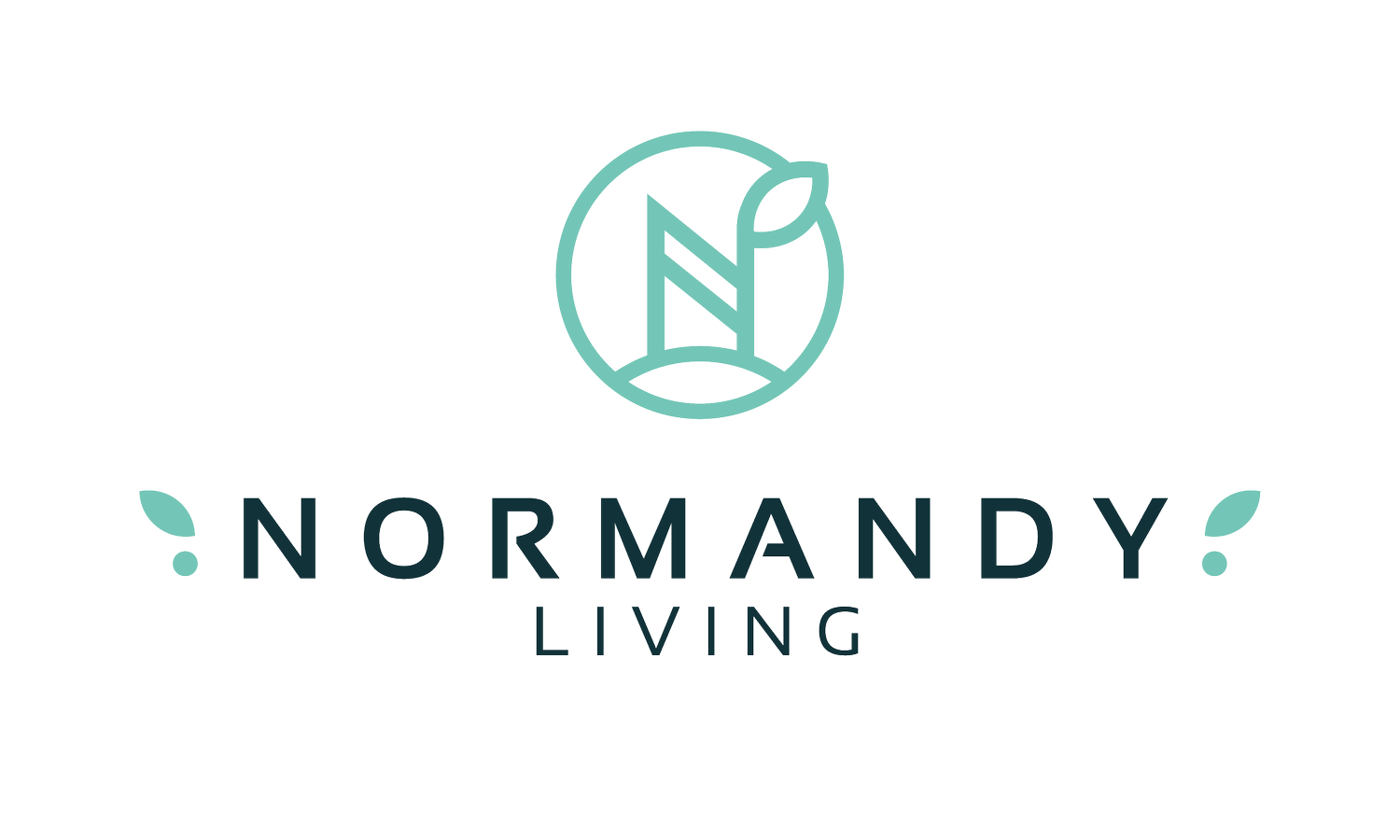Vitamins and Seniors: The 5 You Should Be Taking
As seniors, it’s important to pay extra attention to the nutrition we get. It’s always best to eat a healthy diet that contains all the vitamins we need, but that’s not always possible.
Seniors often eat less than when we were younger, and health and dental conditions may prevent us from eating certain foods. As a result, many seniors need to supplement their diet with vitamins. Here are the five you should be taking.
1. Vitamin B12
Vitamin B12 becomes hard to absorb from food as we age. But without adequate vitamin B12, you could develop permanent nerve damage, anemia, depression, and memory problems. So aim for 2.4 mcg per day.
However, if you’ve had surgery, like a colectomy, to remove part of your digestive tract, oral pills may not work for you. In that case, discuss with your doctor whether you need to take vitamin B12 injections.
2. Vitamin D
Vitamin D is another essential vitamin that many seniors don’t get enough of. In fact, Canadians as a whole tend to have insufficient vitamin D levels due to our northern latitude. And that’s a big problem, because vitamin D deficiency is linked to multiple health conditions like autoimmune disease, cancer, and hypertension.
If you are under 70, you should take 600 IU of vitamin D every day. And if you’re over 70, you need 800 IU per day. But never take more than 4,000 IU per day without being directed to do so by your doctor.
3. Vitamin C
Vitamin C is important to your immune health, and it also fights free radicals in your body. Although it’s possible to get enough vitamin C from your diet if you eat lots of fruits and vegetables, many seniors have low levels of vitamin C.
You don’t store vitamin C in your body, so it’s essential that you consume enough of it either through your diet or through taking a vitamin. Women need 75 mg per day, while men need 90 mg.
4. Vitamin B6
Your body requires vitamin B6 for proper nervous system and immune system functioning. Some health conditions like kidney disease and autoimmune disease can prevent you from absorbing enough vitamin B6 from your diet. And some medicines also reduce the amount of vitamin B6 in your body.
Like vitamin C, vitamin B isn’t stored in your body, so you need to ensure you’re consuming enough of it. Women should get 1.5 mg per day, while men need 1.7 mg.
5. Vitamin K
Vitamin K is important for blood clotting, and researchers are learning more and more about other functions it may perform in the body every day. In fact, one recent study found that low levels of vitamin K were linked to early death.
Unfortunately, seniors often don’t consume enough vitamin K. And some conditions, like celiac disease and Crohn’s disease may lower the amount of vitamin K your body is able to absorb from food. If you’re not getting enough vitamin K, you may need to take a vitamin. Men need 120 mcg per day, while women need 90 mcg.
Remember, some vitamins are dangerous if taken in large quantities, so stick to the nutritional guidelines. And it’s always a good idea to talk to your doctor about which vitamins you need to take.
Ready to join a senior living community that values vibrant aging? Book a tour of Normandy Living here!


